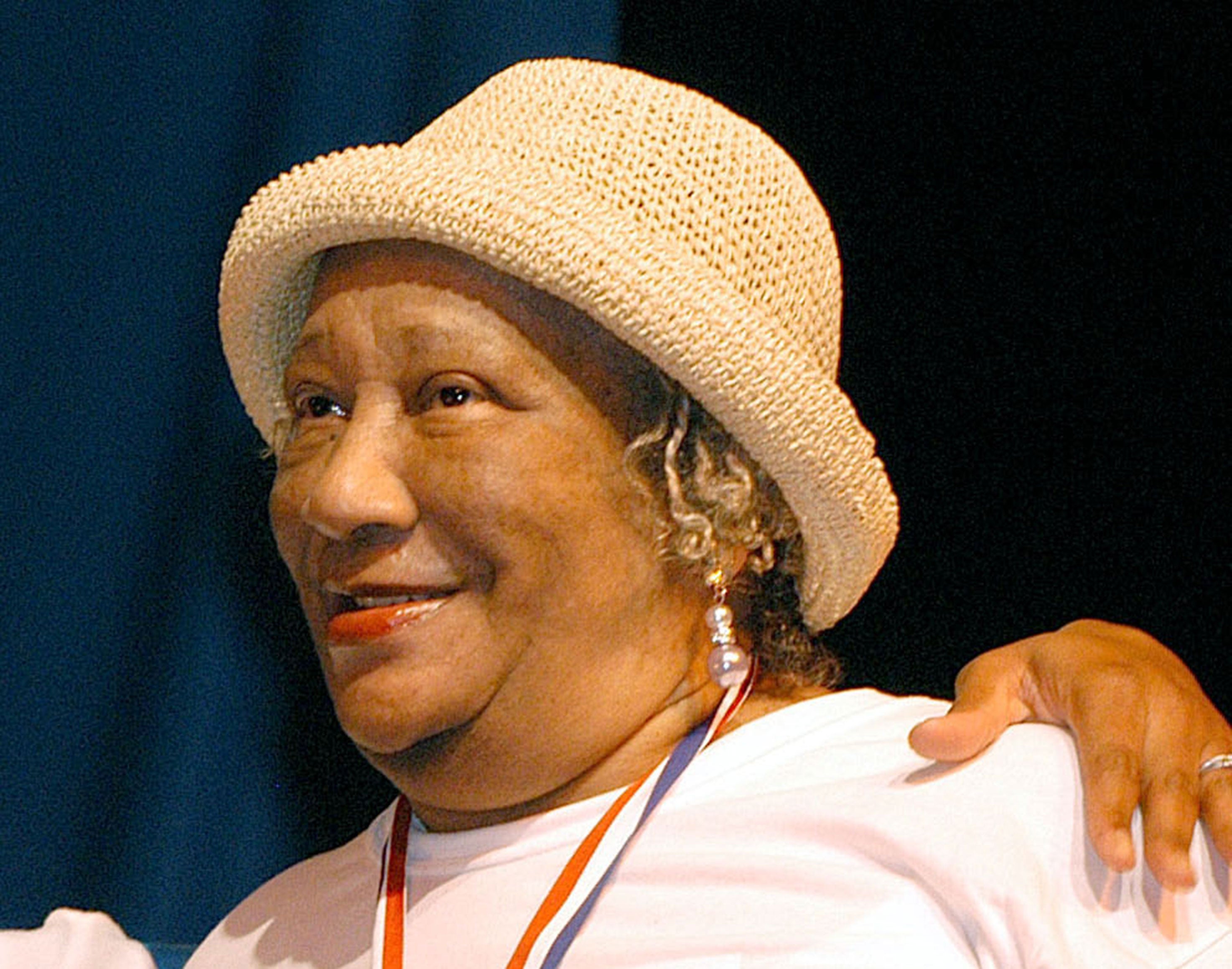Alice Coachman Davis dead: First black woman to win Olympic gold medal dies aged 90
The sportswoman won gold at the 1948 games in London

Your support helps us to tell the story
From reproductive rights to climate change to Big Tech, The Independent is on the ground when the story is developing. Whether it's investigating the financials of Elon Musk's pro-Trump PAC or producing our latest documentary, 'The A Word', which shines a light on the American women fighting for reproductive rights, we know how important it is to parse out the facts from the messaging.
At such a critical moment in US history, we need reporters on the ground. Your donation allows us to keep sending journalists to speak to both sides of the story.
The Independent is trusted by Americans across the entire political spectrum. And unlike many other quality news outlets, we choose not to lock Americans out of our reporting and analysis with paywalls. We believe quality journalism should be available to everyone, paid for by those who can afford it.
Your support makes all the difference.Alice Coachman Davis, the first black woman to win an Olympic gold medal, has died, aged 90.
Her death was confirmed by her daughter, Evelyn Jones.
Born in Albany, Georgia, Davis won gold in the high jump during the 1948 games in London, jumping 1.68-metres. She was, in fact, the only US woman to win gold at that specific competition and was celebrated with a 175-mile motorcade in Georgia.
However, black and white audiences were segregated at the official ceremony in her hometown, Albany.
She retired at the age of 25, after her big win. The sportswoman was sure that she would have scooped medals at the 1940 and 1944 Olympics, but these were cancelled due to World War II.
“I know I would have won in 1944, at least,” she said. “I was starting to peak then. It really feels good when Old Glory is raised and the National Anthem is played.”
She also won 25 national athletics championships - including 10 consecutive high jump titles - between 1939 and 1948, according to USA Track and Field.
Davis also played basketball for Tuskegee University, with her team winning three straight conference titles.
During her childhood, she faced obstacles because of her race. Although these could have hindered her sporting career, Davis found a way round them
According to The New Georgia Encyclopedia, she was forbidden from using public sports facilities, so used whatever equipment she could find to practise her jumping.
“My dad did not want me to travel to Tuskegee and then up north to the Nationals,” Davis told the AP. “He felt it was too dangerous. Life was very different for African-Americans at that time. But I came back and showed him my medal and talked about all the things I saw. He and my mom were very proud of me.”
Davis was inducted to the USA Track and Field Hall of fame in 1975 and the US Olympic Hall of Fame in 2004.
Join our commenting forum
Join thought-provoking conversations, follow other Independent readers and see their replies
Comments